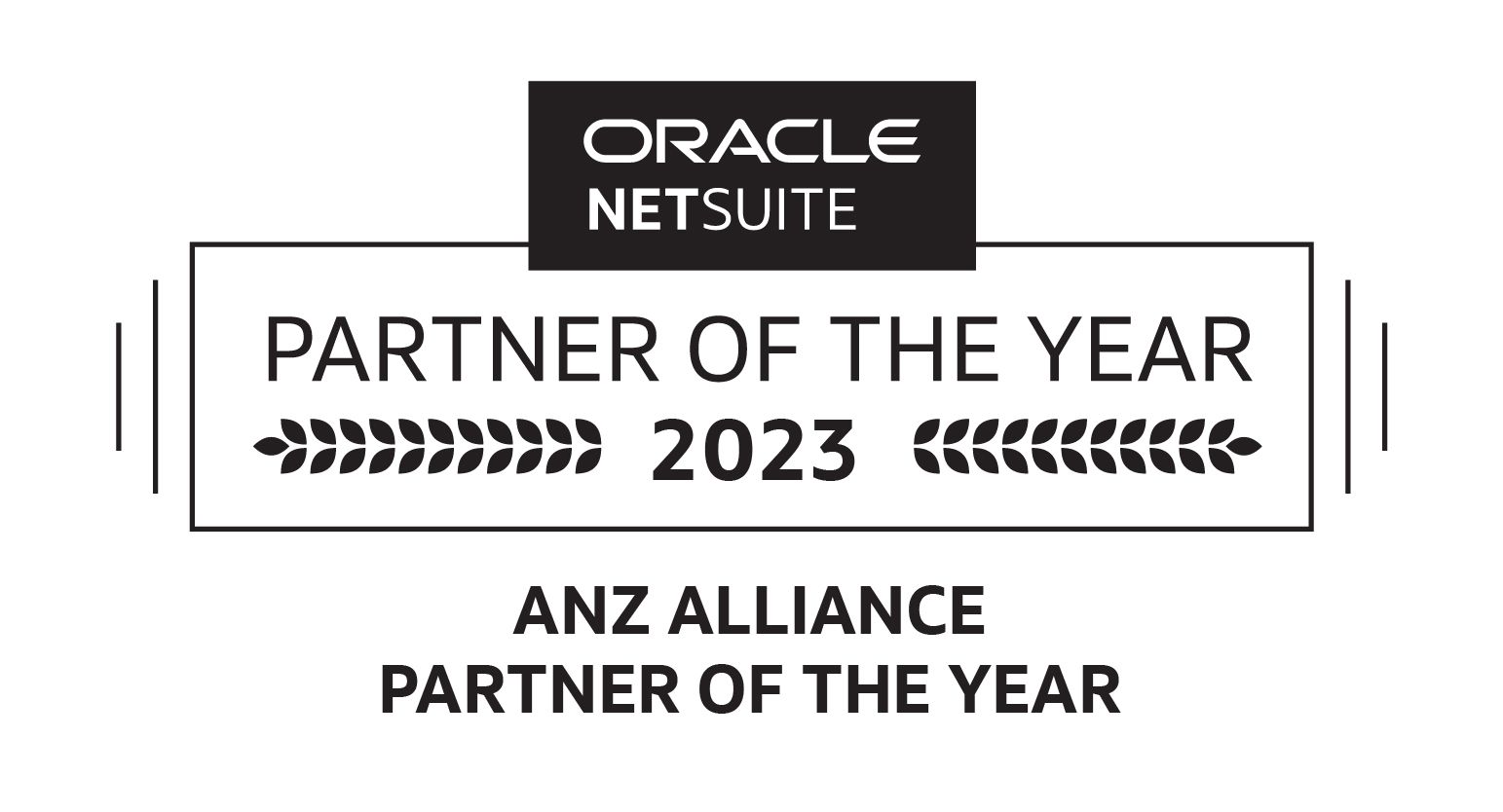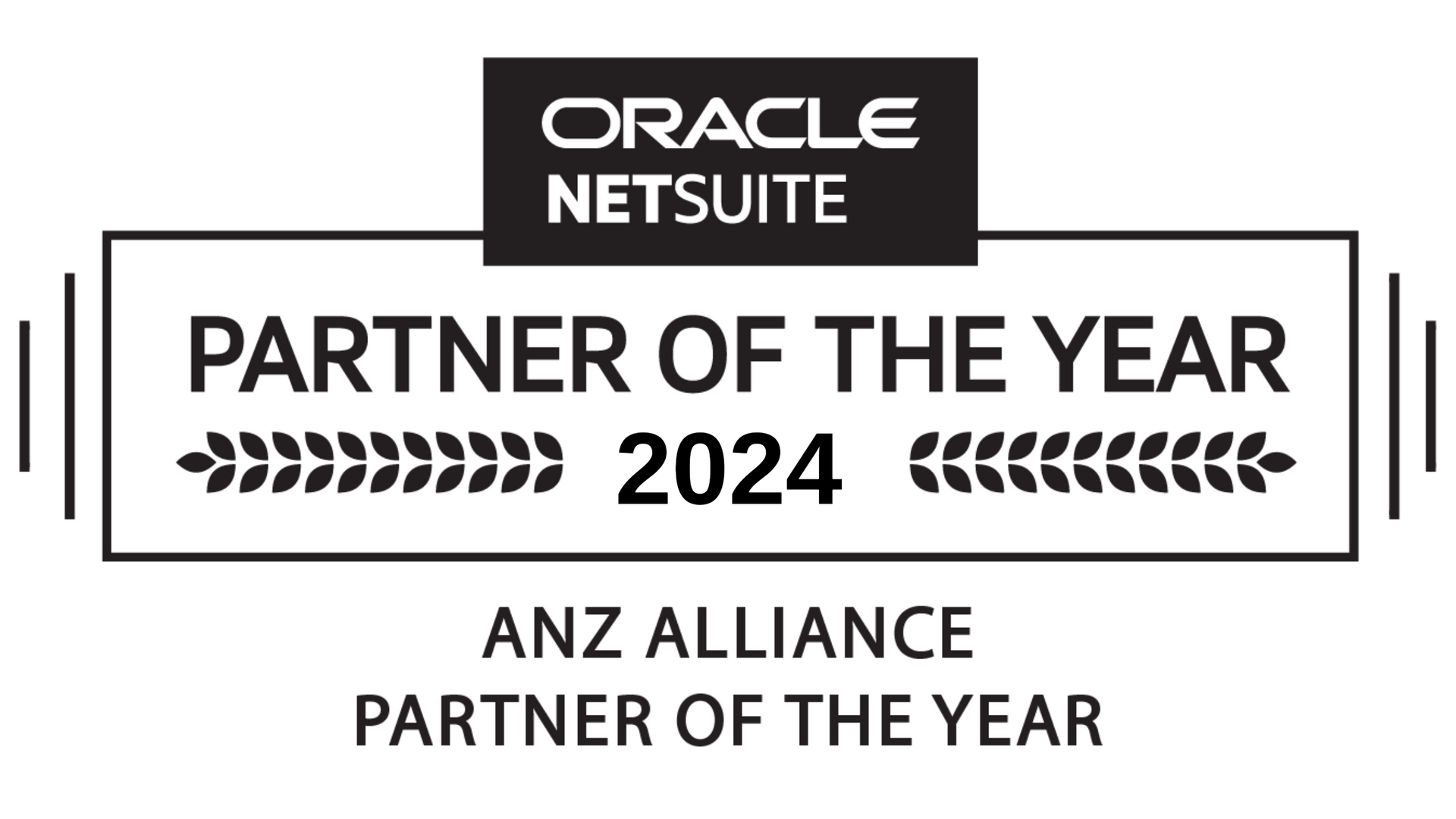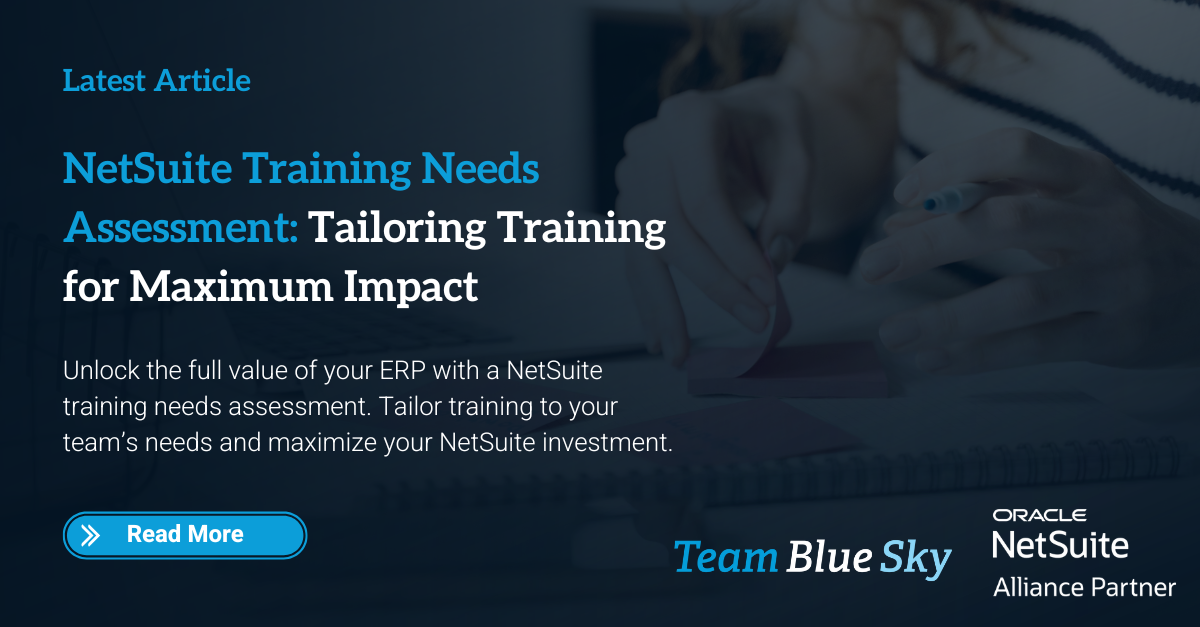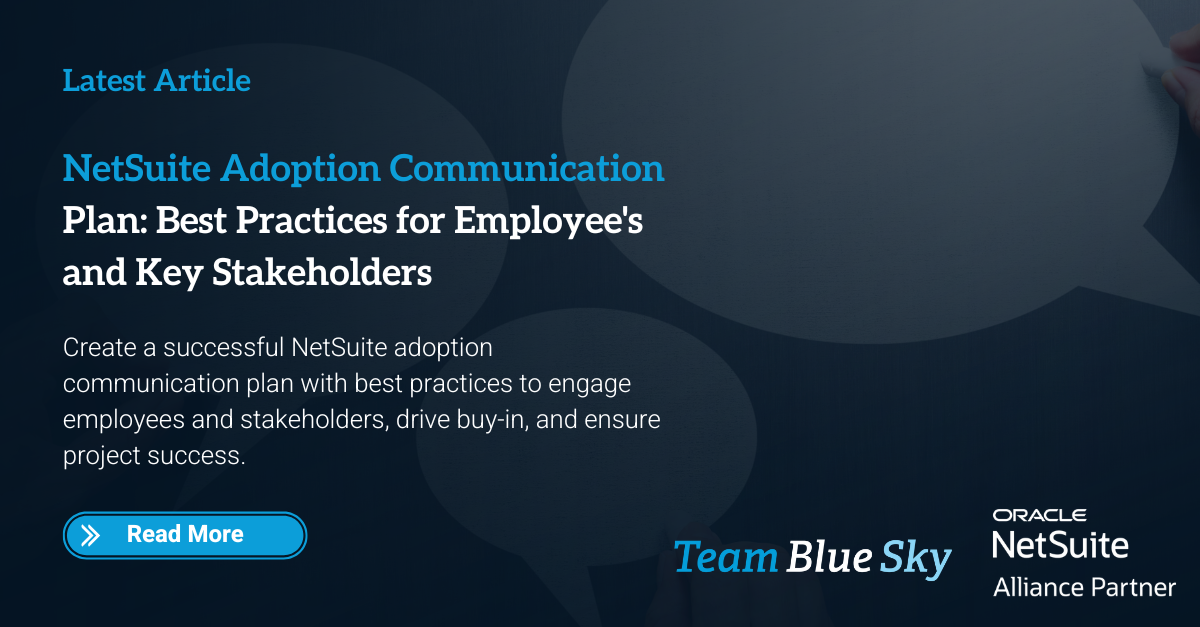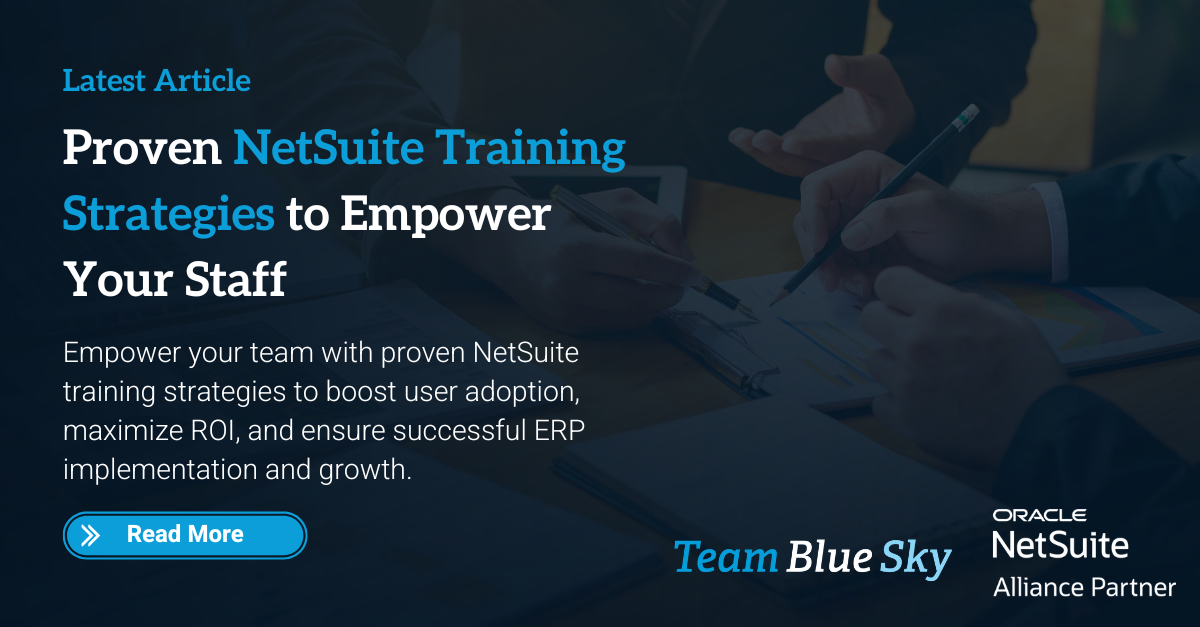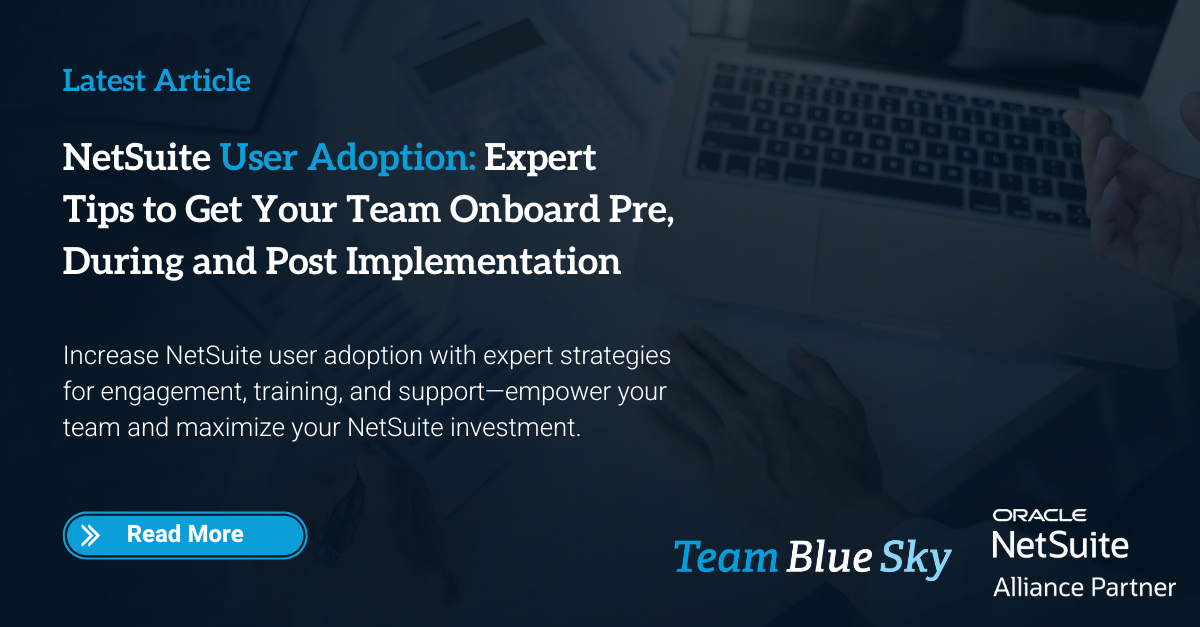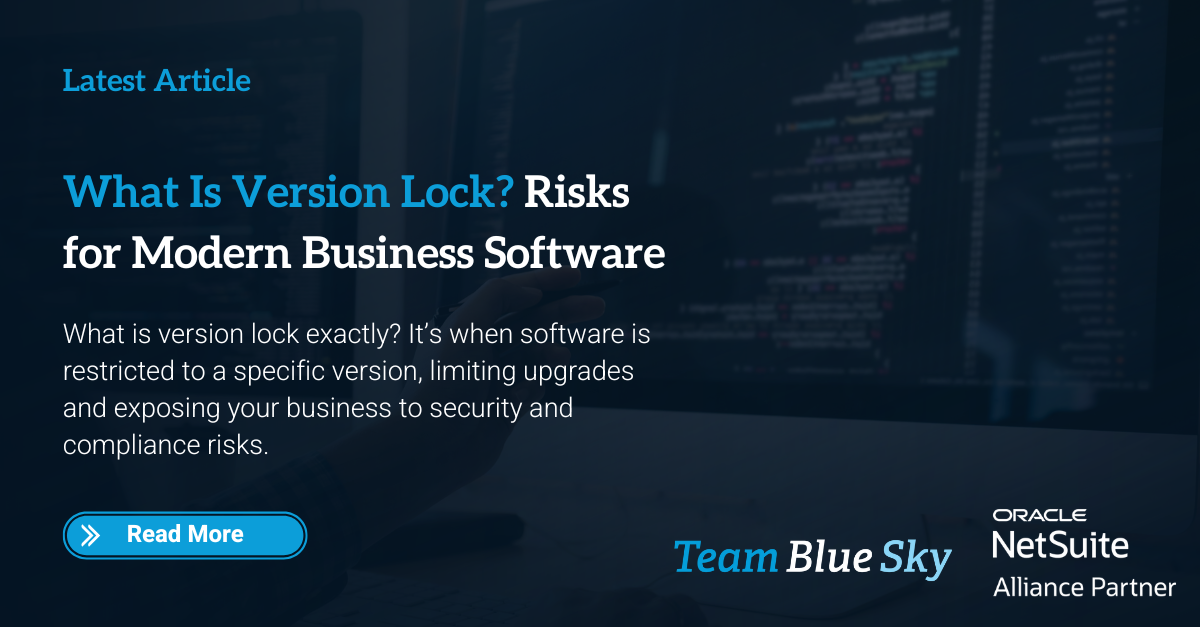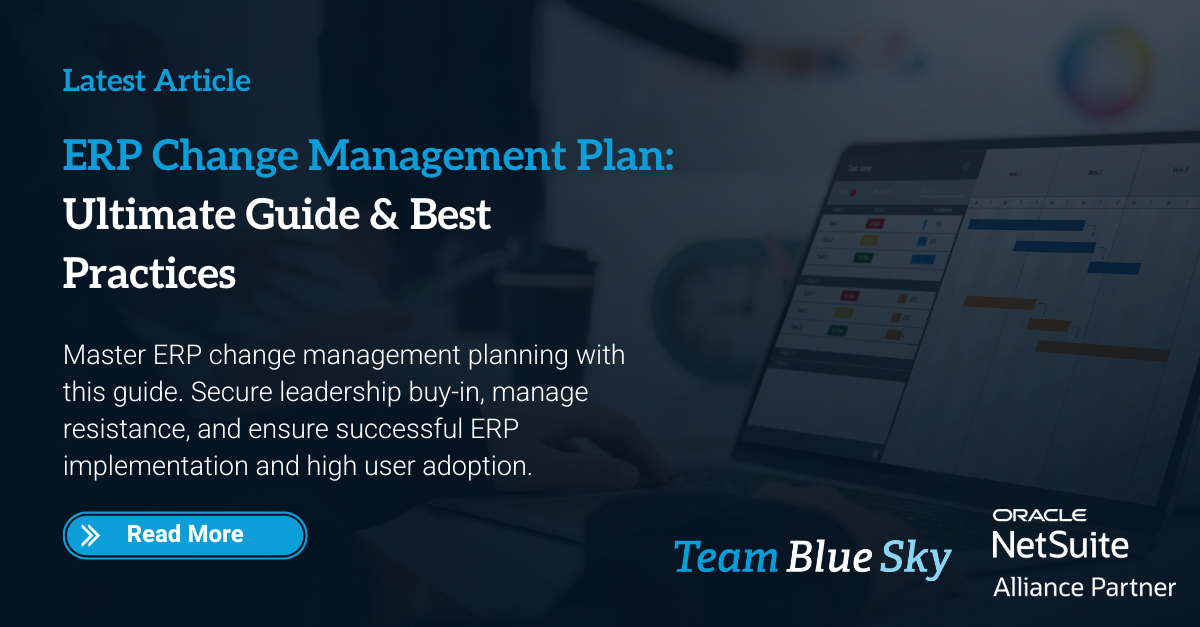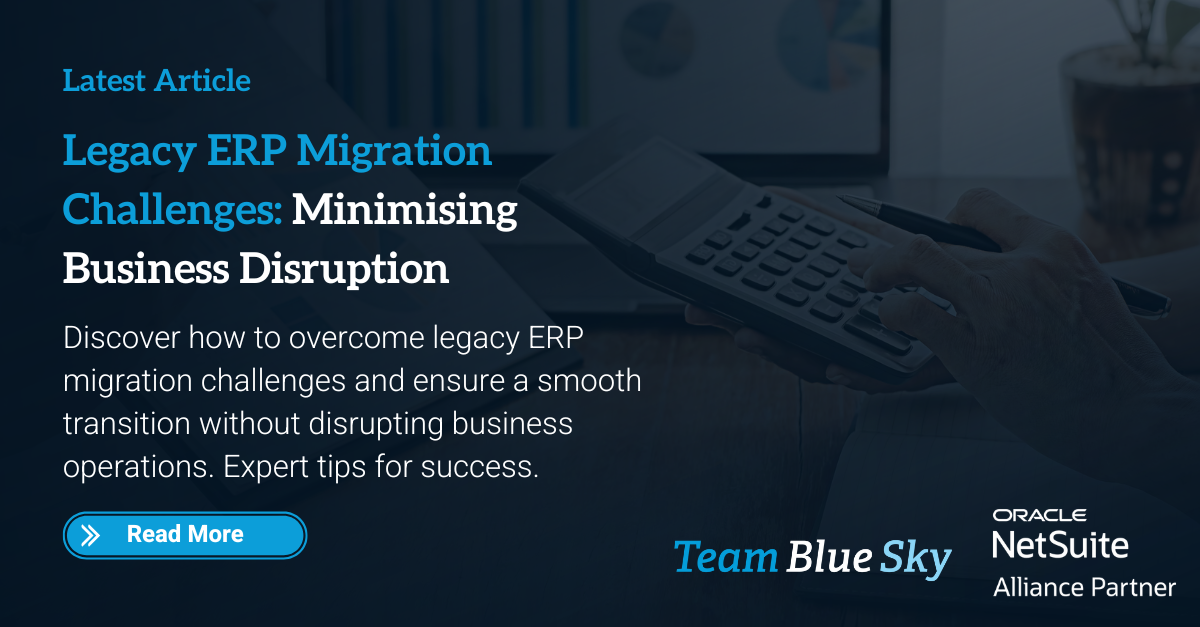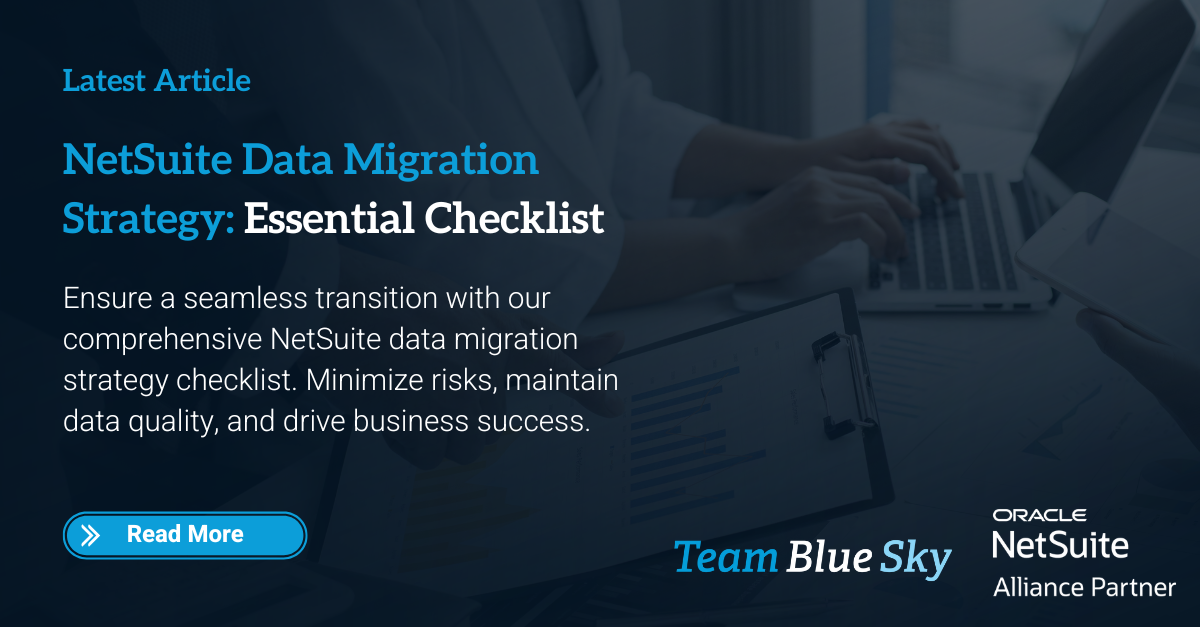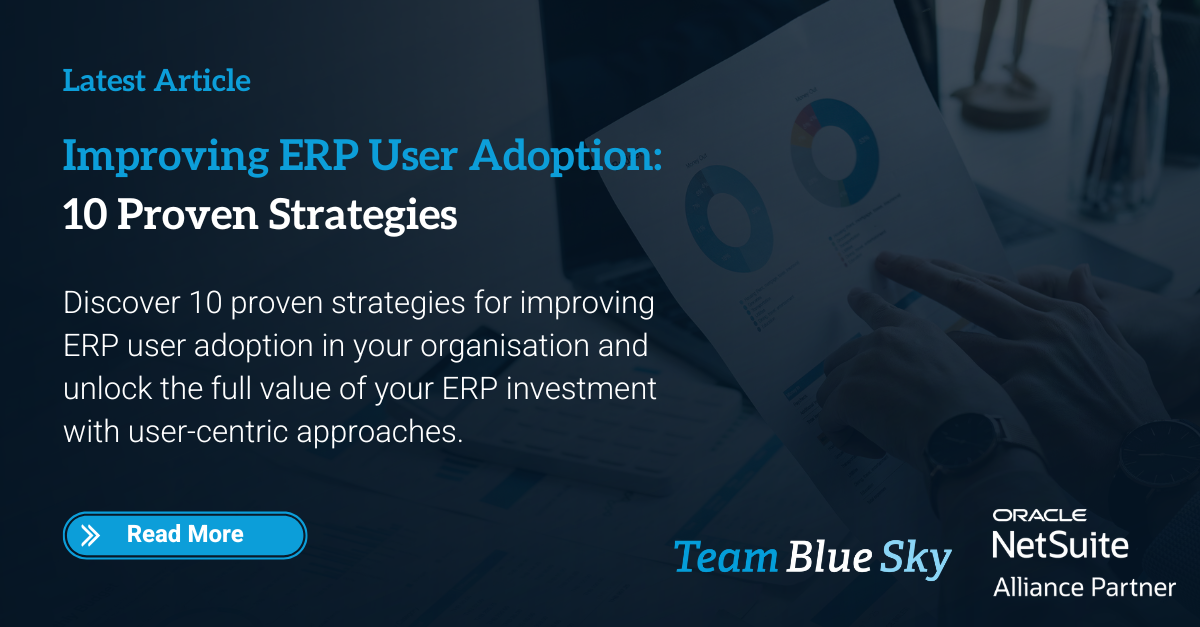Top 6 Checks and Validations for Lease Accounting
Lease accounting is a complex process that requires careful checks and validations in order to ensure accuracy. Here are the top 6 checks and validations for lease accounting:
Ensure Appropriate Lease Identification
Organisations should ensure that accurate information about each lease is properly identified and documented in their lease management system. This includes the name of the lessor and lessee, contract commencement date, term of the agreement, description of leased assets and any other related data associated with the lease for proper classification.
Check the Timing of Recognising Lease Assets and Liabilities
When it comes to lease accounting, one of the most important checks is to ensure that leased assets and liabilities are recognised accurately in terms of timing and amounts. To begin with, companies should assess whether or not a contract qualifies as a lease under the International Accounting Standard (AASB 16). Once this has been determined, it’s important to carefully map out when leases should be recognised on the balance sheet by involving both legal and accounting advisors.
Ensure That The Corporate Structure Is Appropriately Represented When Recording Leases
Compliance with IFRS 16/AASB 16 requires companies to record separately, any lease obligations registered within corporate entities or subsidiaries, even if those entities are owned by the same parent company. It’s essential to make sure that any such leases are classified as separate contracts in compliance with regulations put forth by IAS 17 and IFRS 16 before going ahead with any recording activities.
Look Out For Proper Classification Of Financial And Operating Leases
Before booking any contractual obligations related to leasing assets, it must be ensured that they have been correctly identified so that they can be appropriately classified as either financial or operating leases according to the details outlined in IFRS 16 clauses 5-7 & 9-10, respectively. Each type of lease has its own set of regulations around how payments should be recorded, so correct classification is an essential part of getting your books in order in terms of lease accounting.
Check Vendor Invoices for Any Deviations From An Established Contractual Agreement
Whenever an invoice from a lessor is received, companies must take care to check whether there are any discrepancies between what was established at contract signing and what appears on their vendor invoices – especially where there has been a changeover in personnel responsible for managing leasing accounts within either party over the course of their relationship. This ensures accurate bookkeeping activity which will stand up under audit scrutiny when the time comes.
Keep a Close Watch On Exchange Rate Variations For International Leases
In cases where international leasing agreements play a role in an organisation’s operational landscape, special attention must be paid when it comes time to account for exchange rate fluctuations between currencies as these could affect companies’ bottom lines significantly if not accounting for correctly. Companies must also keep an eye out for potential amendments or addendums that may come into effect due to currency exchange volatility over periods long and short alike.
About TeamBlueSky
TeamBlueSky is a BPO and financial consulting firm specialising in lease accounting compliance. With years of experience helping organisations of all sizes address their leasing-related challenges, TeamBlueSky can help you make sure your books are in order for your next audit. Contact our friendly team today to find out how we can help.

Henry Sack
General Manager

With over 12 years of experience as a NetSuite implementation consultant, Henry Sack leads TeamBlueSky’s team of NetSuite and accounting experts in his role of General Manager.
TeamBlueSky is a leading Australian
NetSuite Alliance Partner whose mission is to provide critical
NetSuite BPO and
Payroll services to NetSuite clients who are wanting to simplify their
back office processes and partner with a leading
NetSuite administration expert.
TeamBlueSky have also partnered with global Suite Developer Network partners to offer local solutioning, implementation and support services for global NetSuite SuiteApps.


